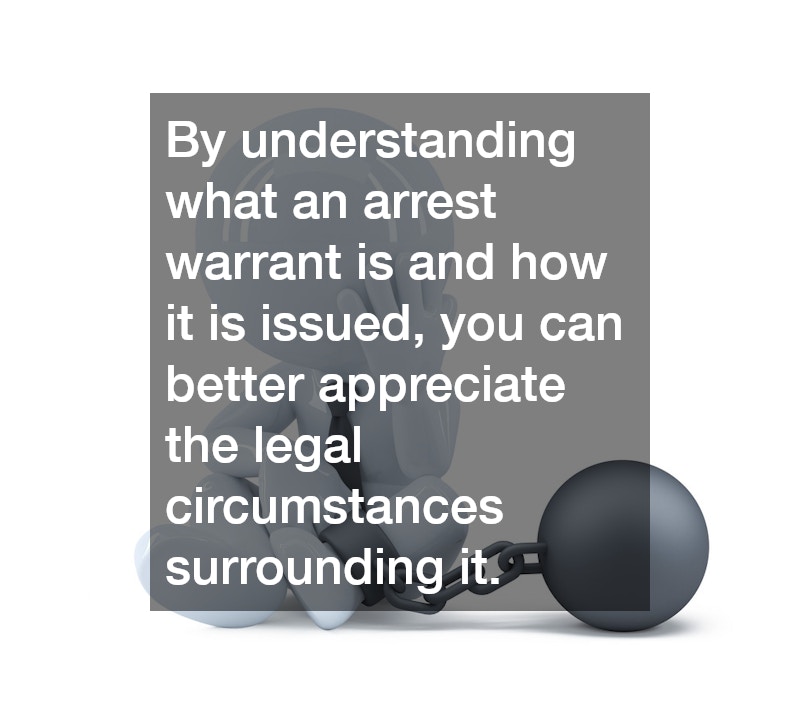
Being served with an arrest warrant can be a highly stressful and confusing experience, but it’s essential to understand what it means and how to respond. An arrest warrant is a formal document issued by a judge or magistrate that allows law enforcement to detain an individual based on probable cause that a crime has been committed. If you’re ever served with an arrest warrant, knowing your rights and responsibilities can significantly affect the outcome of your case and the level of protection you maintain throughout the legal process.
What is an Arrest Warrant, and How is it Issued?
Definition and Purpose of an Arrest Warrant
An arrest warrant is a legal order granted by a judge or magistrate that authorizes law enforcement to take an individual into custody. The purpose of this warrant is to ensure that someone who is reasonably suspected of having committed a crime can be apprehended to answer for that alleged offense. Issued only when there is sufficient probable cause, an arrest warrant aims to uphold public safety and the law by ensuring that suspected criminals are brought before the judicial system.
The Process of Issuance
The issuance of an arrest warrant is a structured legal process designed to balance the need for public safety with the rights of individuals. Law enforcement or prosecutors typically initiate the request for an arrest warrant by presenting evidence to a judge. This evidence must establish “probable cause,” a legal standard indicating that it is more likely than not that the person in question has committed a crime. The judge will review all materials and may question law enforcement or witnesses before deciding. If probable cause is demonstrated, the judge will sign the warrant, authorizing law enforcement to locate and detain the individual named.
Common Reasons for Being Served with an Arrest Warrant
Arrest warrants can be issued for various reasons, with the most common situations involving criminal charges, missed court appearances, or failure to comply with probation terms. Criminal charges such as theft, assault, or fraud often lead to arrest warrants if there is sufficient evidence tying an individual to these offenses. In some cases, a warrant is issued because someone has missed a scheduled court appearance, also known as a “bench warrant.” This type of warrant is often issued in cases of unpaid fines, unresolved tickets, or failure to meet obligations set by the court. Probation violations, such as failing a drug test or not attending required meetings, can also result in an arrest warrant.
How to Respond When Served With an Arrest Warrant
Immediate Steps to Take
If you are served with an arrest warrant, remaining calm is paramount. Panicking can lead to impulsive decisions that might complicate your situation. Immediately after being served, it’s advisable to contact a qualified attorney who can provide legal guidance and help protect your rights. Avoid attempting to discuss or negotiate with law enforcement on your own, as your words could inadvertently harm your defense later.
Understanding Your Rights
Upon being served with an arrest warrant, it’s crucial to understand and exercise your legal rights. You have the right to remain silent, meaning you are not obligated to answer any questions beyond basic identification information, and this can help you avoid self-incrimination. Additionally, you have the right to an attorney, whether hired by you or appointed by the court if you cannot afford one.
Navigating the Legal Process
Once you have been taken into custody, the legal process can seem overwhelming, but having a clear plan of action can make a difference. Your attorney will assist you with court appearances, bail hearings, and any other legal obligations that arise. If bail is granted, your attorney can help arrange your release while awaiting trial, allowing you time to prepare for the upcoming court proceedings. Managing the legal process requires adherence to court dates and an understanding of potential legal repercussions.
In summary, being served with an arrest warrant is a serious legal matter that demands a measured and informed response. By understanding what an arrest warrant is and how it is issued, you can better appreciate the legal circumstances surrounding the warrant. Knowing your rights and taking immediate, thoughtful steps can help preserve your legal standing and improve your situation. If you find yourself in this situation, securing competent legal representation and adhering to procedural requirements is essential for safeguarding your rights and positioning yourself for the best possible outcome.
.






